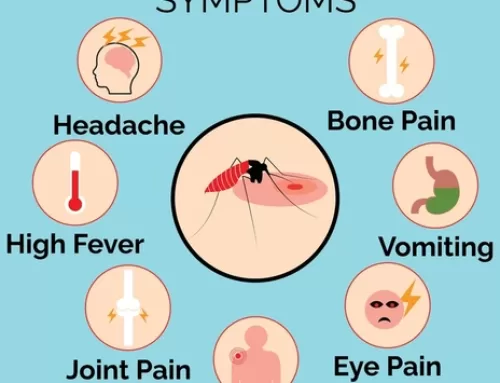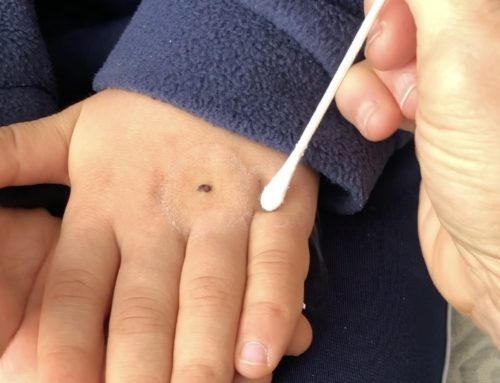
Are you worried that your child will develop eczema, food allergies, hay fever and asthma?
Here are 2 things you can do to significantly decrease your child’s risk:
- If your infant DOES NOT HAVE allergies but is at risk, introduce the most allergenic groups before 6 months. SpoonfulOne is a product that allows you to add in 10 mg of allergenic foods to your infant’s breastmilk/formula (and has puffs for children taking solids). Over 70% of Pediatricians and almost all Allergy and Immunologists believe in early introduction. Independently replicated studies show dramatic decline in allergies when parents introduce any or all allergenic food groups at 4 months. The American Academy of Pediatrics and the American Academy of Allergy and Asthma and Immunology have been encouraging doctors to discuss this with parents. Unfortunately there is little time in a well visit, so if you suffer from allergies be sure to discuss early introduction of fish, soy, peanut, wheat, cow milk, shellfish, tree nut with your doctor.
- Give your infant/baby or toddler Lactobacillus rhamnosus GG (LGG) probiotic. This can be found in a variety of well studied products such as Culturelle. It has a known effect of tightening gaps between cells in the gut. This can limit transfer of certain undigested proteins into the bloodstream. Studies have shown up to 50 % decrease in eczema in children who were taking this probiotic as an infant.
Causes of Food Allergies
- 8 foods cause 90% of food allergies
- In the first year of life: cow’s milk, soy milk and egg
- Older children: peanuts, tree nuts, fish, shellfish and wheat
- Shellfish include shrimp, crab, lobster, clams, oysters and scallops
- Tree nuts include all the nuts (such as almonds and cashews) except peanuts.
- Of children with a proven food allergy, 40% have severe reactions. The other 60% have mild reactions.
- Peanuts and tree nuts are the most common triggers for severe reactions.
Sources:
Randomized trial of peanut consumption in infants at risk for peanut allergy.
5th Pediatric Allergy and Asthma Meeting (PAAM)
Towards a better understanding of Lactobacillus rhamnosus GG – host interactions



